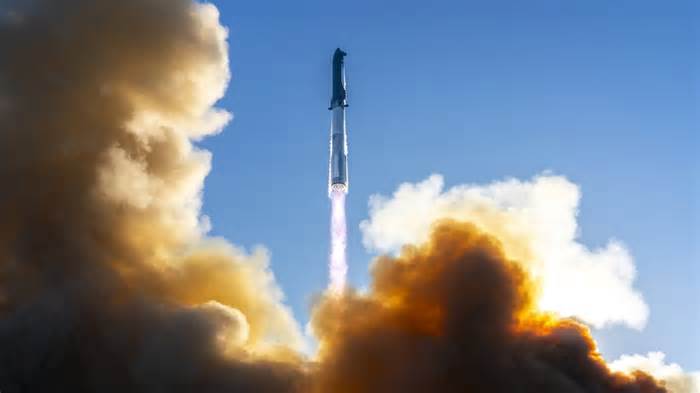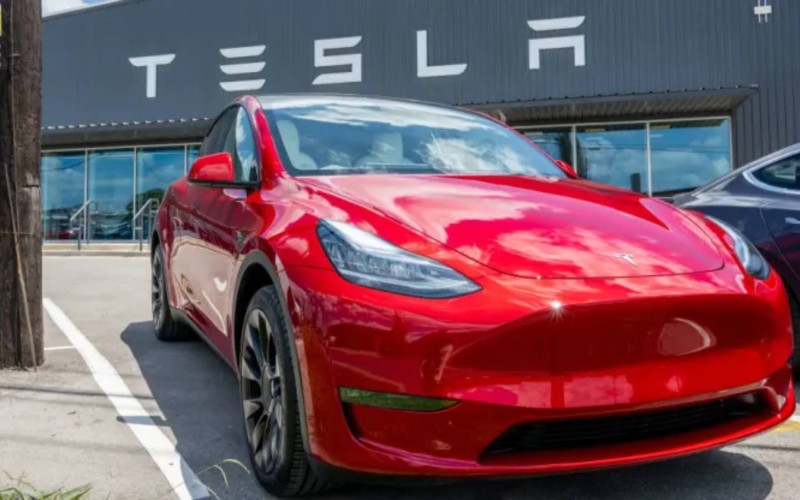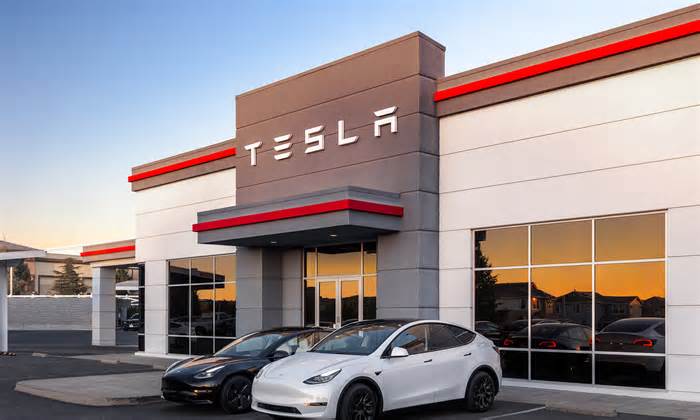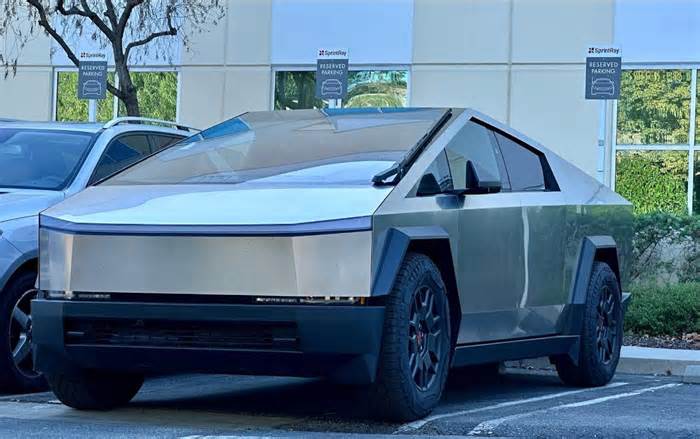
It seems the FAA office overseeing SpaceX’s Starship probe still has some bite
- by Ars Technica
- Feb 01, 2025
- 0 Comments
- 0 Likes Flag 0 Of 5

— @maximzavet (@MaximZavet) January 17, 2025
The good news is there were no injuries or reports of significant damage from the wreckage that fell over the Turks and Caicos. "The FAA confirmed one report of minor damage to a vehicle located in South Caicos," an FAA spokesperson told Ars on Friday. "To date, there are no other reports of damage."
It's not clear if the vehicle owner in South Caicos will file a claim against SpaceX for the damage. It would the first time someone makes such a claim related to an accident with a commercial rocket overseen by the FAA. Last year, a Florida homeowner submitted a claim to NASA for damage to his house from a piece of debris that fell from the International Space Station.
Nevertheless, the Turks and Caicos government said local officials met with representatives from SpaceX and the UK Air Accident Investigations Branch on January 25 to develop a recovery plan for debris that fell on the islands, which are a British Overseas Territory.
A prickly relationship
Musk often bristled at the FAA last year, especially after regulators proposed fines of more than $600,000 alleging that SpaceX violated terms of its launch licenses during two Falcon 9 missions. The alleged violations involved the relocation of a propellant farm at one of SpaceX's launch pads in Florida, and the use of a new launch control center without FAA approval.
In a post on X, Musk said the FAA was conducting "lawfare" against his company. "SpaceX will be filing suit against the FAA for regulatory overreach," Musk wrote.
There was no such lawsuit, and the issue may now be moot. Sean Duffy, Trump's new secretary of transportation, vowed to review the FAA fines during his confirmation hearing in the Senate. It is rare for the FAA to fine launch companies, and the fines last year made up the largest civil penalty ever imposed by the FAA's commercial spaceflight division.
SpaceX also criticized delays in licensing Starship test flights last year. The FAA cited environmental issues and concerns about the extent of the sonic boom from Starship's 23-story-tall Super Heavy booster returning to its launch pad in South Texas. SpaceX successfully caught the returning first stage booster at the launch pad for the first time in October, and repeated the feat after the January 16 test flight.
What separates the FAA's ongoing oversight of Starship's recent launch failure from these previous regulatory squabbles is that debris fell over populated areas. This would appear to be directly in line with the FAA's responsibility for public safety.
During last month's test flight, Starship did not deviate from its planned ground track, which took the rocket over the Gulf of Mexico, the waters between Florida and Cuba, and then the Atlantic Ocean. But the debris field extended beyond the standard airspace closure for the launch. After the accident, FAA air traffic controllers cleared additional airspace over the debris zone for more than an hour, rerouting, diverting, and delaying dozens of commercial aircraft.
These actions followed pre-established protocols. However, it highlighted the small but non-zero risk of rocket debris falling to Earth after a launch failure. "The potential for a bad day downrange just got real," Lori Garver, a former NASA deputy administrator, posted on X.
Public safety is not sole mandate of the FAA's commercial space office. It is also chartered to "encourage, facilitate, and promote commercial space launches and reentries by the private sector," according to an FAA website. There's a balance to strike.
Lawmakers last year urged the FAA to speed up its launch approvals, primarily because Starship is central to strategic national objectives. NASA has contracts with SpaceX to develop a variant of Starship to land astronauts on the Moon, and Starship's unmatched ability to deliver more than 100 tons of cargo to low-Earth orbit is attractive to the Pentagon.
While Musk criticized the FAA in 2024, SpaceX officials in 2023 took a different tone, calling for Congress to increase the budget for the FAA's Office of Commercial Spaceflight and for the regulator to double the space division's workforce. This change, SpaceX officials argued, would allow the FAA to more rapidly assess and approve a fast-growing number of commercial launch and reentry applications.
In September, SpaceX released a statement accusing the former administrator of the FAA, Michael Whitaker, of making inaccurate statements about SpaceX to a congressional subcommittee. In a different post on X, Musk directly called for Whitaker's resignation.
He needs to resign https://t.co/pG8htfTYHb
Please first to comment
Related Post
Stay Connected
Tweets by elonmuskTo get the latest tweets please make sure you are logged in on X on this browser.
Sponsored
Popular Post
tesla Model 3 Owner Nearly Stung With $1,700 Bill For Windshield Crack After Delivery
33 ViewsDec 28 ,2024
Middle-Aged Dentist Bought a Tesla Cybertruck, Now He Gets All the Attention He Wanted
32 ViewsNov 23 ,2024






 Energy
Energy



















